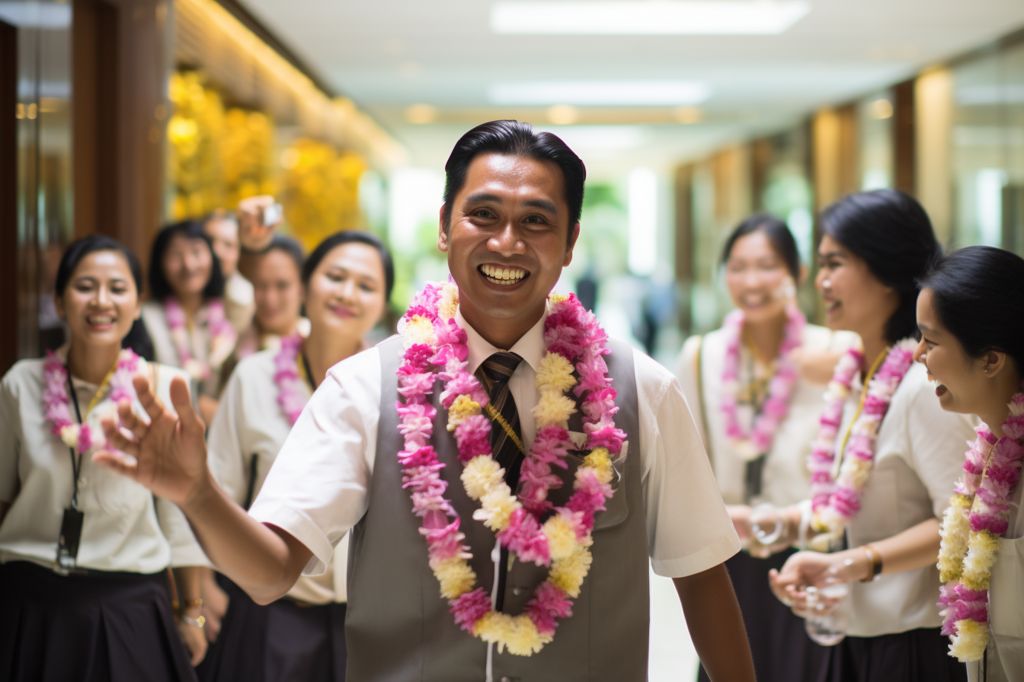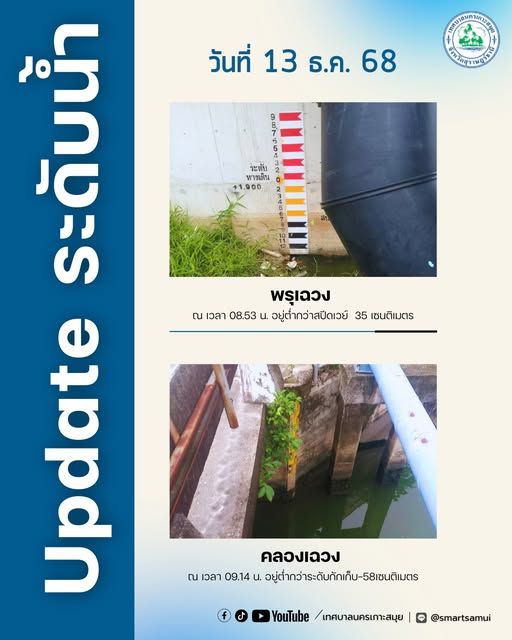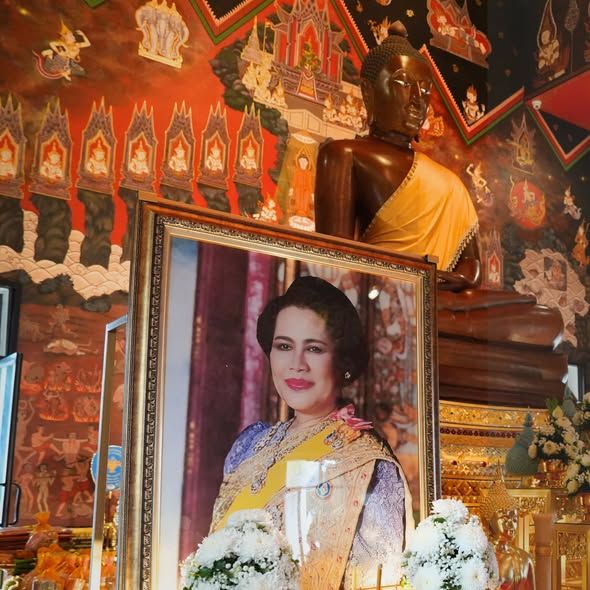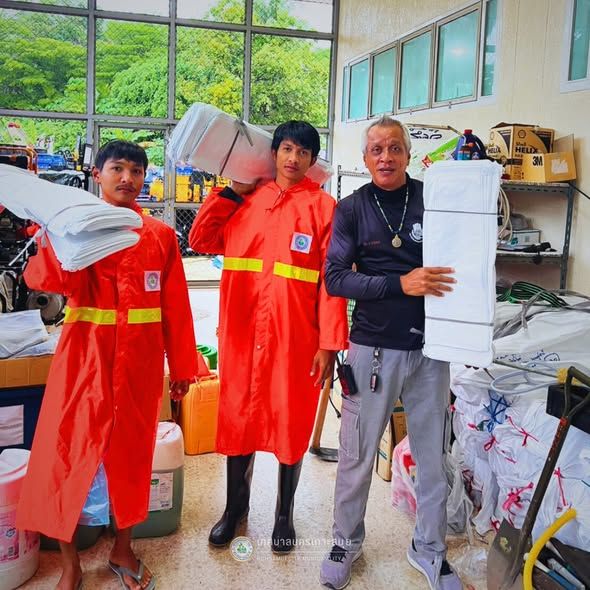Thailand is aiming to double the number of annual tourists from the GCC region to 600,000 within two years by enhancing hospitality services, including health and wellness tourism. They are also willing to share their expertise in medical tourism management and identify potential areas for Asean-GCC cooperation in seamless trade and investment and green growth. #ThailandTourism #HealthAndWellnessTourism #MedicalTourism #AseanGCC #GreenGrowth #TradeAndInvestment
Doubling GCC Tourist Numbers in Two Years
Thailand aims to significantly increase the number of tourists from the Gulf Cooperation Council (GCC) region by implementing various strategies. Prime Minister Srettha Thavisin expressed the country’s intentions to double the annual influx of GCC tourists from 300,000 to 600,000 within the next two years.
During the Asean-GCC Riyadh Summit at the Ritz-Carlton in Saudi Arabia, Mr. Srettha emphasized Thailand’s commitment to enhancing hospitality services, including health and wellness tourism. He also highlighted the advantage of having Thai Muslims who can speak Arabic, making communication with GCC nationals seamless, especially in healthcare services.
Sharing Expertise and Enhancing Connectivity
The Prime Minister indicated that Thailand is willing to share its expertise in medical and wellness tourism and tourism management. He also suggested working on a visa-free scheme and Open Sky connectivity between the two regions as part of their future collaboration.
Both Asean and the GCC possess ambitious, people-centric visions that are sustainable and geared towards the future. Mr. Srettha believes their partnership should be driven by “innovative partnerships for a sustainable future.”
Strengthening Cooperation in Trade and Green Growth
Mr. Srettha identified two potential areas for Asean-GCC cooperation. Firstly, Thailand supports seamless trade and investment by reducing barriers, and the establishment of the Asean-GCC Business Forum should be explored to promote closer private-sector ties. He also mentioned the importance of negotiating a Thai-GCC Free Trade Agreement (FTA) to further Thailand’s current trade value of $40 billion.
As the “Kitchen of the World,” Thailand is eager to share its best practices in agriculture and food innovation while collaborating with the GCC on halal science to ensure food security.
Secondly, with Thailand adopting green growth and transitioning to net-zero emissions, the nation plans to issue a new sustainability-linked bond next year. Mr. Srettha extended an invitation to any interested GCC partners to participate in the project and work towards achieving the Sustainable Development Goals (SDGs) together.
In conclusion, Prime Minister Srettha Thavisin reaffirmed Thailand’s commitment to strengthening the partnership between Asean and the GCC for a brighter and more sustainable future.
Frequently Asked Questions
How does Thailand plan to double the number of tourists from the GCC region in two years?
Thailand is focusing on enhancing hospitality services, including health and wellness tourism, and emphasizing the advantage of Thai Muslims who can speak Arabic to facilitate seamless communication in healthcare services. The Prime Minister also suggested working on a visa-free scheme and Open Sky connectivity between the two regions as part of their future collaboration.
What areas have been identified for potential Asean-GCC cooperation?
Prime Minister Srettha Thavisin identified two potential areas for Asean-GCC cooperation: seamless trade and investment, and green growth. For seamless trade and investment, Thailand supports reducing barriers and establishing the Asean-GCC Business Forum. In terms of green growth, Thailand is transitioning to net-zero emissions and plans to issue a new sustainability-linked bond next year, inviting GCC partners to participate in the project.
How does Thailand plan to share its expertise and collaborate with the GCC in terms of agriculture and food innovation?
As the “Kitchen of the World,” Thailand aims to share its best practices in agriculture and food innovation. The nation is also interested in collaborating with the GCC on halal science to ensure food security and strengthen ties between the regions.




